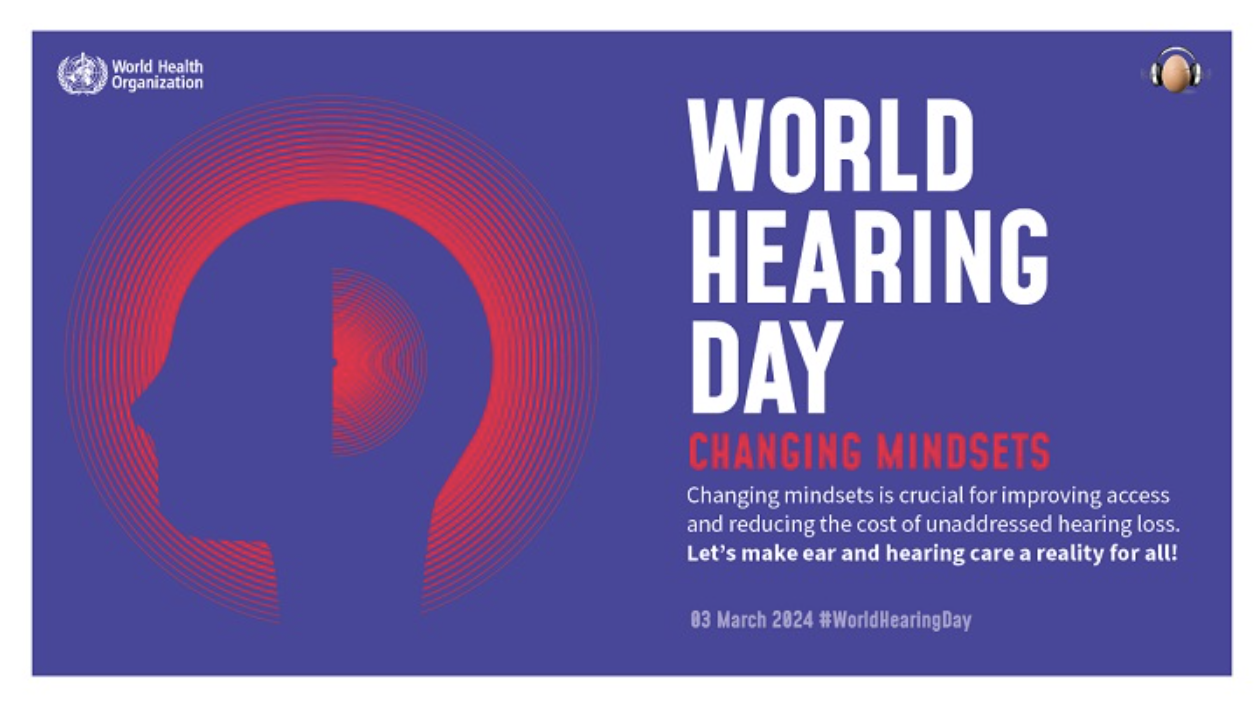
Scientists restore hair cells in mice, allowing them to hear again
February 8, 2017
Community Spotlight: 10 year old hears the sound of wind for the first time
February 10, 2017Study: 1 in 4 adults in U.S. may have hearing loss

A new report, published earlier this month in the US, has analyzed the most recent available data to determine how common noise-induced hearing loss is in adults aged 20 to 69. What they’ve found is quite staggering.
If you live in the US and are aged between 20 and 69, and struggle to understand speech in noisy environments, such as bars, cafés and restaurants, then it’s possible that you are one of the 25 percent of US citizens affected by noise-induced hearing loss.
According to the CDC’s National Center for Environmental Health hearing loss is the third most common chronic physical condition in the United States and is twice as prevalent as diabetes or cancer.
“Hearing loss is the third most common chronic physical condition in the United States”
“Noise is the most common modifiable environmental cause of hearing loss among young and middle-aged adults, and the most common self-reported cause of hearing loss among men,” according to the CDC.
Noise-induced hearing loss is often characterized by hearing loss in high frequencies (3, 4, and 6 kHz), with better hearing at lower frequencies, such as 500 and 1000 Hz. The frequency loss means the person affected might find it difficult to understand speech in noisy environments.
Read more: Who is at Risk for Noise-Induced Hearing Loss
“Nearly one in four adults (24%) had audiometric notches, suggesting a high prevalence of noise-induced hearing loss,” according to the report Vital Signs. “The prevalence of notches was higher among males. Almost one in four U.S. adults who reported excellent or good hearing had audiometric notches (5.5% bilateral and 18.0% unilateral). Among participants who reported exposure to loud noise at work, almost one third had a notch.”
Analysis of the findings of the National Health and Nutrition Examination Survey, was published earlier this month by the CDC. The CDC study used audiometric notches as evidence to suggest noise-induced hearing loss.
Conclusions
What can be done to prevent noise-induced hearing loss?
“Noise-induced hearing loss is a significant, often unrecognized health problem among U.S. adults,” according to the report. “Discussions between patients and personal health care providers about hearing loss symptoms, tests, and ways to protect hearing might help with early diagnosis of hearing loss and provide opportunities to prevent harmful noise exposures.
“Avoiding prolonged exposure to loud environments and using personal hearing protection devices can prevent noise-induced hearing loss.”
Learn more: 10 Tips to Protect Your Hearing




